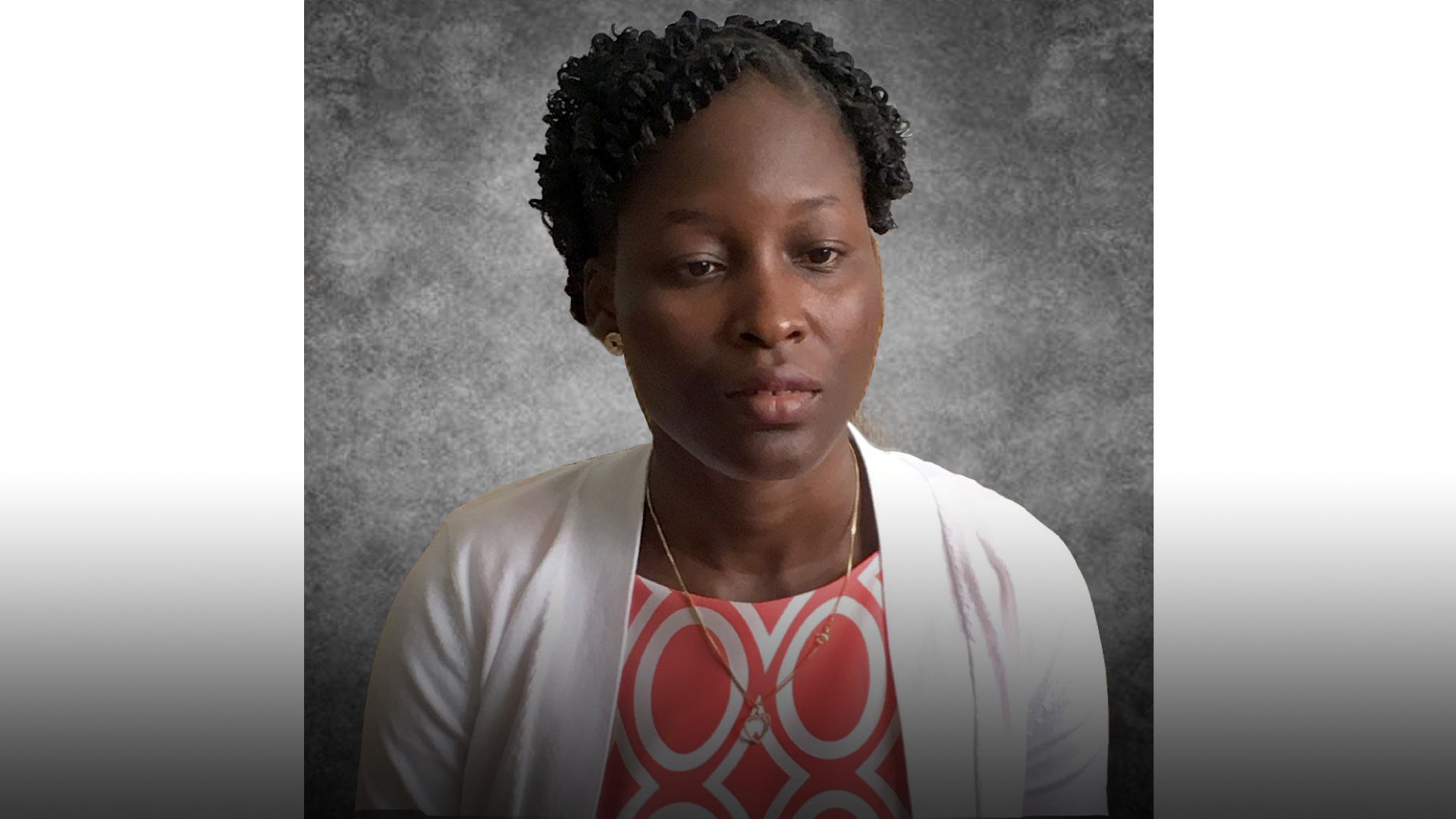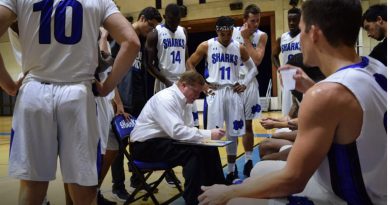Visually Impaired Student Struggled Through Remote Learning: ‘I Could Not Even Sleep’
ACCESS Services tutor Cheryl Cook designed a normal curve graph using cardboard and coily pipe cleaners to help Florela Francois, a visually impared student, better understand her statistics class.
The visual tool served as a creative learning resource for the 29-year-old North Campus student, who was born blind.
“For people who have never had sight, that option of feeling something tactile—that makes a huge difference for them,” said Gabriel Lopez Kafati, an adaptive technology specialist at ACCESS, who is also blind.
However, in March, after the coronavirus pandemic forced Miami Dade College to switch to remote learning, Francois had to navigate a whole new world without her in-person tutor.
They could only do phone tutoring sessions, a daunting proposition for a student that can’t see.
“I could not even sleep that much because, I’m like, if it’s remote, I don’t know yet if they’re going to give me a scribe,” Francois said. “I don’t know how I’m going to take the exams and I cannot go to the professor.”
Francois did not endure the challenge alone. She was one of 65 visually impaired students who were enrolled at MDC this spring after the College switched to remote learning, according to Juan C. Mendieta, the College’s director of communications.
The experience, Francois said, left her frustrated and filled with anxiety.
Despite passing her three classes—Energy in the Natural Environment, Statistical Methods I and Student Life Skills—with A’s, Francois, who is six credits short of graduating with an associate in art’s degree in social work and associate in science degree in generalist human services, opted not to take classes this summer.
She hopes to return this fall—if face-to-face classes are back in session.
Struggling To Adjust
The first week of online learning was the hardest for Francois.
She flooded her professors and ACCESS Services with emails, seeking answers to how her accommodations would translate online.
During those initial days, Francois said she took classes without her assigned notetaker because ACCESS was in the process of translating her services remotely. Instead, she used AIRA, an online service that connects blind students with scribes.
The adjustment was a jolt for Francois because, when in-person classes were in session, a notetaker sat next to her in class and emailed her notes. She also had to get accustomed to being tutored on the phone.
Cook taught her to communicate with online scribes through AIRA during their biweekly sessions because she needed the service to take exams.
Tutoring sessions that normally took her an hour and fifteen minutes were now taking two to three hours.
To complete exams and homework, a virtual scribe described the material to Francois on the phone. Statistics was her biggest struggle. Tutors computed answers to basic math equations like square roots and population means, for her, because she can’t use a calculator.
However, because the online scribes are not certified math tutors, Francois oftentimes had to teach the agents basic math equations, which elongated study sessions.
Overcoming Obstacles
Learning to adjust is nothing new for Francois.
She was born on April 17, 1991 in Port-au-Prince. Doctors at the St. Vincent Center For Children With Disabilities broke the news to Francois’ parents, Yolene and Fritz, that their youngest daughter was born with nystagmus.
The condition causes constant involuntary movement in her eyes that destabilizes them. Doctors told her parents they could perform surgery, but there was no guarantee it would work, Yolene said.
Defeated, Yolene and Fritz opted against the surgery and prayed the condition would correct itself. It never did.
Soon, they grappled with the grim reality that Francois would never be independent. Walking canes and ramps aren’t readily available in Haiti. She needed assistance to walk.
If she didn’t have someone to hold onto, Francois grabbed onto a wall or surface to guide her.
Yolene often walked her to school. The trip took up to two hours on a bus from their three-bedroom home in Carrefour, a commune in Port-au-Prince.
Despite her hardships, some of the kids in her neighborhood ridiculed her. They held objects to Francois’ face, and laughed at her when she didn’t recognize the objects, Yolene said.
Her parents’ made sure to compensate for the cruelty some of her classmates bestowed on her.
“We gave her so much love,” Yolene said. “She never got a whooping.”
Moving To Miami
Francois got her first cane when she was 23—three months before she moved to Miami on July 27, 2013.
The slim, white stick became her guide to explore the world.
Francois began taking classes at the Miami Lighthouse For The Blind in April of 2014. They taught her how to cook, read music using braille and use a computer. Because Francois only spoke Creole when she first arrived, she used a translator.
She enrolled in the English for Academic Purposes program at North Campus in August of 2014. Francois completed the program in 2015.
For the past eight months, she has volunteered at the Miami Lighthouse For The Blind, teaching students how to use computers.
After she graduates from MDC, Francois plans to transfer to Florida International University and study social work. She aspires to work as a rehabilitation teacher for blind students.
“My rehab teacher taught me so much, it made me realize there is more need in that field,” Francois said. “…I want to change their lives and the way they live, so they can be independent like me.”




